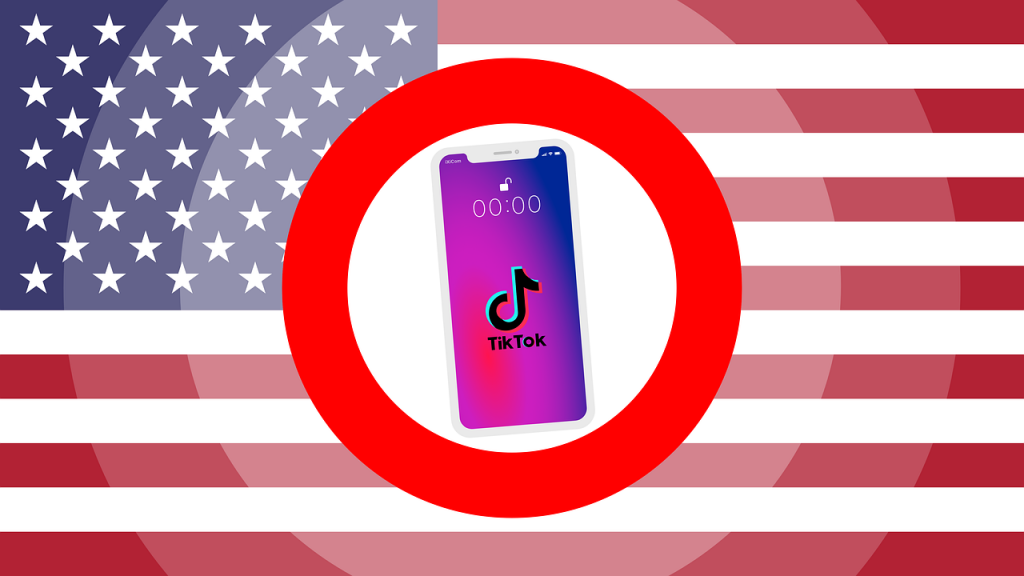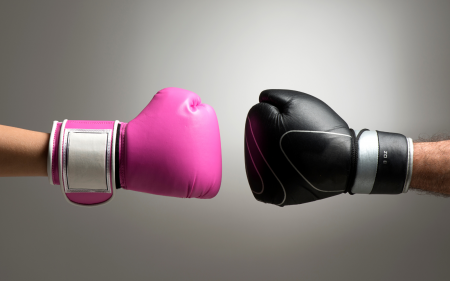The convoluted state of US President Donald Trump’s tax affairs is a useful metaphor for the ongoing drama around the banning of Chinese apps TikTok and WeChat. Or, to put it plainly, clear as mud.
Who wouldn’t want to pay $750 in taxes in the year you’re elected President of the United States and serve your first year in the White House?
The New York Times explosive investigation into the Tax Evader in Chief rings familiar to South Africans, who have seen former #Presidunce Jacob Zuma and EFF leader Julius Malema fighting their own rear-guard actions against tax claims.
Try as you might, Trump’s tax tricks are the top news item in a week of huge tech stories, including the latest development in the tangled TikTok saga.
Sunday was the deadline for Apple and Google to remove the two Chinese apps from their US app stores, after months of Trump attacking them.
But a judge ruled that the ban was on hold – albeit not another broader injunction against US firms providing services to TikTok that is due to come into effect on November 12 – accepting app owner ByteDance’s owner that it would suffer “irreparable harm” even if the ban was later lifted. Some 100m American teenagers breathed a sigh of relief as they posted video selfies
In the past few weeks Microsoft, which had teamed up with giant US retailer Walmart, announced it was pulling out of the acquisition – seemingly because of a ban from Beijing announced last month to prevent Chinese technology being sold without government approval.
But Oracle, whose controversial and flamboyant CEO Larry Ellison is a big Republican donor, has come out of it all as the major winner. Walmart has emerged as a part of Oracle’s bid, in no small part because it sees the potential for such app-based shopping. Already Instagram and Pinterest, amongst others, are showing that people are just as happy to shop inside their favourite social media app and post selfies.
Oracle, also seemingly looking to bolster its offerings in China, has emerged as the app’s US “trusted tech partner” in a deal that would see both Oracle and Walmart be part of TikTok Global, which will run the app in America.
But there seems to be a pattern here, which relates more to Trump’s attempts at re-election than economic theory, when considered with the scandal around mail votes and other attempts that seem to weaken America’s robust democracy, including his comments that he may not vacate office should he lose.
Trump is no doubt still smarting after the election rally humiliation he suffered after a prank by TikTok users saw over a million tickets sold for his first rally since Covid-19 resulted in less than half of the 19,000 Tulsa stadium being filled. Surely he is aware that the app might be a digital organising ground for youngsters, generally not interested in politics, but now hoping not to lose their favourite social media app. Three high-profile TikTok “influencers” with 7m followers launched their own court action to prevent a loss of livelihood, but that was rejected in Pennsylvania.
It’s worth noting that the district judge who issued Sunday’s injunction against the ban, Carl Nichols, was appointed to the bench in 2019 by Trump himself.
This article first appeared in the Financial Mail.




